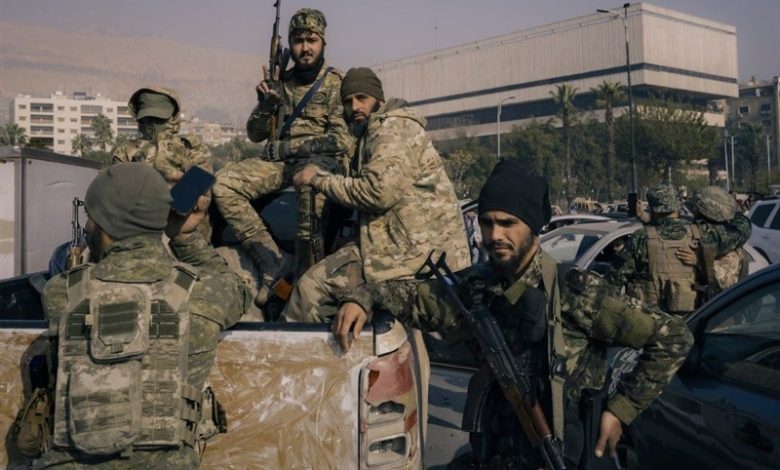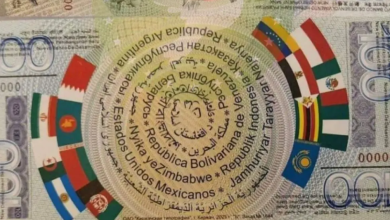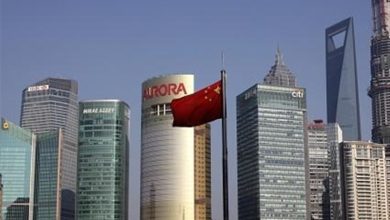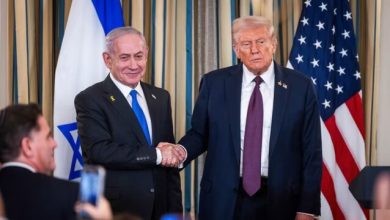The Kurdish-Arab war front in northern Syria in the presence of Turkey and Israel
Clashes have escalated in northern and eastern Syria between Kurdish militias and elements of the Jalani government following a noticeable stalemate in political negotiations over the past two weeks. It is not unlikely that the eastern Euphrates region, with the involvement of regional actors, could turn into a new arena for a large-scale war

According to the news site Sedaye Sama, northern Syria, particularly eastern Aleppo, has witnessed a notable escalation in clashes in recent days between forces of the Jalani government’s Ministry of Defense and Syrian Kurdish separatists known as the SDF (Syrian Democratic Forces). These developments followed a two-week halt in political negotiations between the parties, and it is expected that the areas east of the Euphrates could turn into a new arena for a full-scale war.
The Ministry of Defense of the Syrian Interim Government reported that the SDF carried out intense rocket attacks on three villages in eastern Aleppo countryside, killing two civilians and injuring three others. The Syrian state news agency (SANA) reported that the SDF launched sudden and irresponsible rocket strikes from positions at Al-Jarrah military airport and around Maskanah city targeting the villages of Al-Kayarieh, Rasem Al-Ahmar, and Haboubeh Kabir.
Meanwhile, SDF-affiliated media confirmed that these attacks were in response to the advance of the Syrian Interim Government’s Ministry of Defense forces in the Deir Hafer area, which managed to repel the assault. In an official statement, the SDF emphasized that any new attempt at aggression would be met with a firm response and that the party initiating the escalation would bear responsibility for its consequences.
A few days prior, there had been clashes in the countryside of Deir ez-Zor and around the Tishrin Dam, which were unprecedented in recent months. These included drone attacks and shelling of enemy positions, given the strategic importance of the Tishrin Dam in controlling water and electricity resources in Aleppo.
It is worth noting that the recent clashes came after the halt of negotiations between the SDF and the Jalani government in Damascus and Paris. Experts had previously warned that the suspension of talks over the federal state, autonomous governance, army integration, and oil and gas resources in eastern Euphrates could quickly spill over into the battlefield. While some view the increased use of military and security measures by both sides as mere negotiation tactics, the political process as a whole now faces the risk of collapse.
Reports also indicate that Israel is inciting the SDF to prevent an agreement with Damascus, advising it not to accept any concession less than full autonomy and promising protection similar to that granted to the Druze in Suwayda.
Meanwhile, Turkey, through the so-called “Abuhatem Shaqra” initiative, has established semi-military forces called the “Tribal Forces,” acting as a proxy for attrition warfare in northern Syria. This is Turkey’s second army after the “National Forces,” previously stationed in Azaz and border areas, now under the command of Damascus’ Ministry of Defense forces.
Political and field data indicate that the Kurds and the Damascus government are rapidly moving toward a large-scale war in northern Syria, which is expected to be bloody and costly, similar to the battle of Suwayda. Israel and Turkey are likely to play a prominent role in this conflict unless the United States can convince both parties to reach an agreement to divide interests in Syria.







